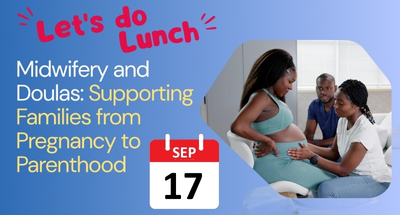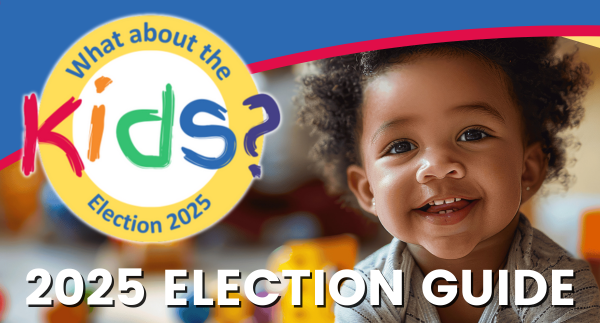A Legacy of Devaluation: How History Shapes Today’s Pay Gap
The early childhood profession has long suffered from devaluing language and policies. Terms like “daycare,” “babysitter,” or “hired help” have shaped public perception and reinforced the notion that early care is not real education, and certainly not worthy of real investment. These messages haven’t just shaped how society sees early educators; they’ve also influenced how educators view themselves. The roots of this problem run deep. Child care in the U.S. has historically depended on the labor of Black and Brown women, whose work was undervalued and underpaid. This legacy continues to shape today’s compensation structures.
For decades, early care was viewed primarily as a service to supervise children while their parents were at work rather than a field requiring knowledge, expertise, and deep emotional labor. And yet, as research has confirmed the critical importance of the first five years of life, we’ve seen moments where policymakers have acknowledged our value — from the Comprehensive Child Development Act of 1971 that made it all the way to President Nixon’s desk before it was vetoed, to the creation of Head Start, to Abbott preschool in New Jersey, and more recently, to post-COVID compensation gains in states like New Mexico, Washington D.C., and Kentucky. While New Jersey has made meaningful strides in areas like apprenticeships, mixed-delivery preschool, scholarship supports, and career lattices, we have yet to take the leap on compensation. Until we do, early education will remain stuck at the intersection of essential and expendable – a career in name but not in pay.
$32,000 a Year: A Salary That Keeps Families in Poverty
The data paints a clear and troubling picture: early childhood educators in New Jersey earn, on average, $32,000 per year – far below what is needed to support a family in this state. According to the Center for the Study of Child Care Employment, nearly half of child care workers nationally rely on some form of public assistance. In New Jersey, even lead teachers with degrees and years of experience often earn only minimum wage or slightly more. These low wages contribute directly to high turnover, disrupting continuity of care and undermining child development.
Preschool Gains, Infant-Toddler Gaps: A Broken System
While preschool expansion has opened the door to increased compensation in some settings, particularly for qualified teachers working in publicly funded mixed-delivery programs, it is not a comprehensive solution. Infant, toddler, and two-year-old teachers are consistently left out of wage improvements, despite performing equally demanding and developmentally critical work. Additionally, many community-based providers remain excluded from preschool funding opportunities due to budget constraints or district-level decisions, creating a two-tiered system where some educators benefit and others remain stuck in poverty-level wages. Even in community-based programs where preschool expansion has led to improvements in wages and benefits, early educators still earn less than their in-district counterparts.
Brain Science Is Clear, But Our Policies Aren’t
This fractured landscape undermines stability and fails to recognize early educators as the skilled professionals they are. Brain science confirms that nurturing, responsive relationships in the earliest years shape lifelong outcomes. Until our investments match that science, across the full birth-to-five spectrum and across all settings, New Jersey’s early education system will continue to fall short of its potential for children, families, and the workforce that serves them.
A Message to New Jersey’s Next Governor: Value the Workforce, Secure the Future
To New Jersey’s next governor: The strength of our child care system and the future of our youngest learners depend on how we value the people who care for and educate them. High-quality early learning cannot exist without a stable, well-supported workforce. Yet today, too many early educators live in poverty, leave the field out of necessity, and are denied the professional recognition and compensation they deserve. We have the tools to change that. With bold leadership, we can build a system where early educators earn a living wage, have access to training and benefits, and are able to support their own families while supporting ours. This is more than a workforce issue; it’s a matter of opportunity, economic growth, and doing right by New Jersey’s children. The path forward is clear. What we need now is the political will to walk it.





